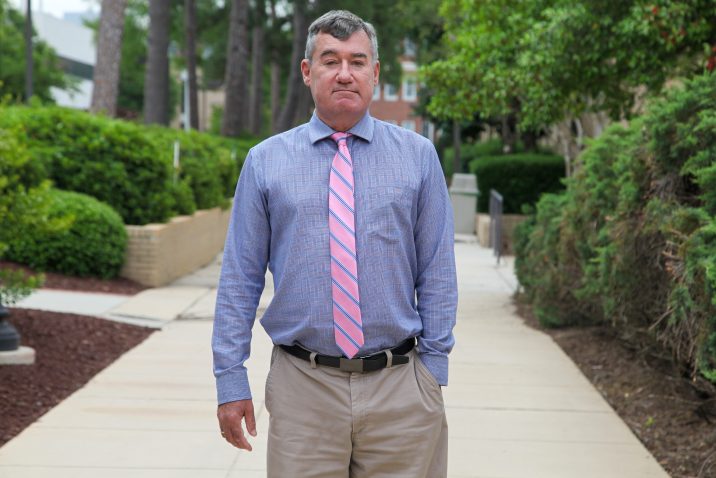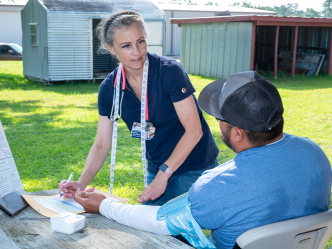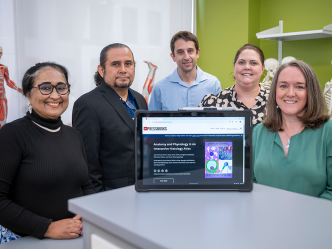High housing costs, frequent moves and homelessness are higher among cancer survivors and can negatively affect their long-term care, according to a new study by researchers at the Medical College of Georgia at Augusta University.
Using the Centers for Disease Control and Prevention’s Behavioral Risk Factor Surveillance System, which contains data from people across the U.S. regarding health-related risk behaviors, chronic health conditions and their use of preventive services, they found that nearly 17% of cancer survivors had reported moderate or increased housing insecurity.
“A sizeable percentage of cancer survivors have housing insecurity, which is likely to complicate their ability to self-manage their disease and navigate the health care system for optimal care,” they write in the Journal of Cancer Policy.
“People often struggle to get into health care. Their priority is putting food on the table and making sure the rent is paid and they can get behind on bills, which can be overwhelming,” explains study first author Dr. Steven S. Coughlin, interim chief of the Division of Epidemiology in the MCG Department of Population Health Sciences. “These are important social determinants of health. Housing and food insecurity increase the likelihood that you’ll show up at the emergency room for care and not meet your regular provider appointments.”
The intensity of housing insecurity, determined by answers to questions like how many times a person had moved over the last year and how many times they weren’t able to pay their rent or mortgage, was also significantly associated with being Black and having lower household income and lower educational attainment.
“African Americans in this country are less likely to own their own home or to be paying on a mortgage,” Coughlin says, adding that people with lower incomes and educational attainment can already have difficulty paying for housing and that the cost of oncology care only compounds the problem.
It’s a problem they also see repeated locally, he says, noting that a similar study of patients and survivors of hematologic cancers who were treated at the Georgia Cancer Center found similar results. “Around nine percent of those patients were struggling with housing insecurity,” he says.
Cancer patients who experience housing insecurity may also experience other social determinants of health like food insecurity and decreased access to quality, affordable health care. Higher levels of unmet social needs have been associated with poorer access to care and lower quality of life among low-income adults, the authors write.
To help combat the problem, those who care for cancer patients should begin screening them for housing and food insecurity, and if they test positive, refer them to appropriate social services and other community resources that can help.
At the Georgia Cancer Center, for example, there are social workers on staff and nurses who act as patient coordinators in an effort to make patients more comfortable talking about personal situations.
“There is greater appreciation for the fact that socioeconomics play a large role in health outcomes,” Coughlin says. “If those are not addressed, they could have negative outcomes on treatment. For cancer survivors, who may receive periodic follow-up care over a lifetime, this can be a very challenging predicament. Cancer doesn’t discriminate. We see a cross section of the community and that includes people who are low income and struggling one way or another.”
Read the full study.
 Augusta University
Augusta University




